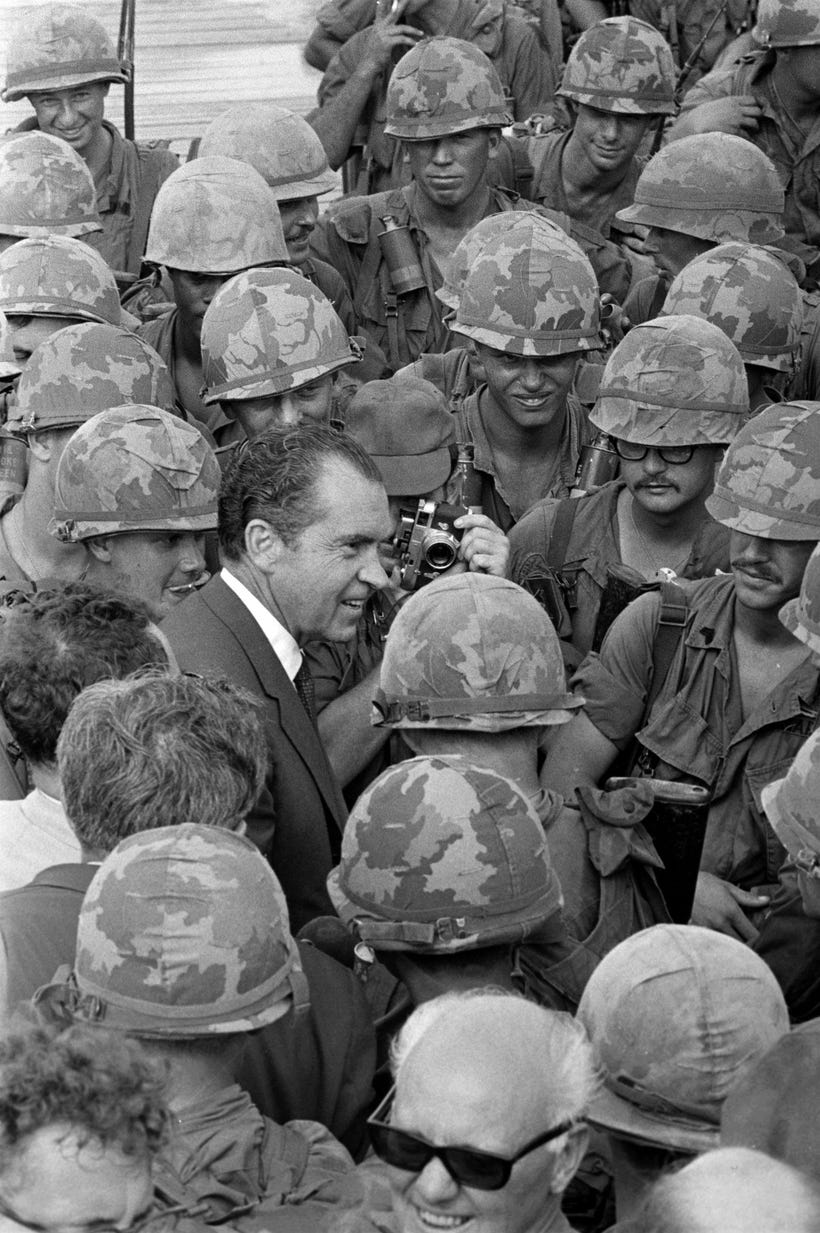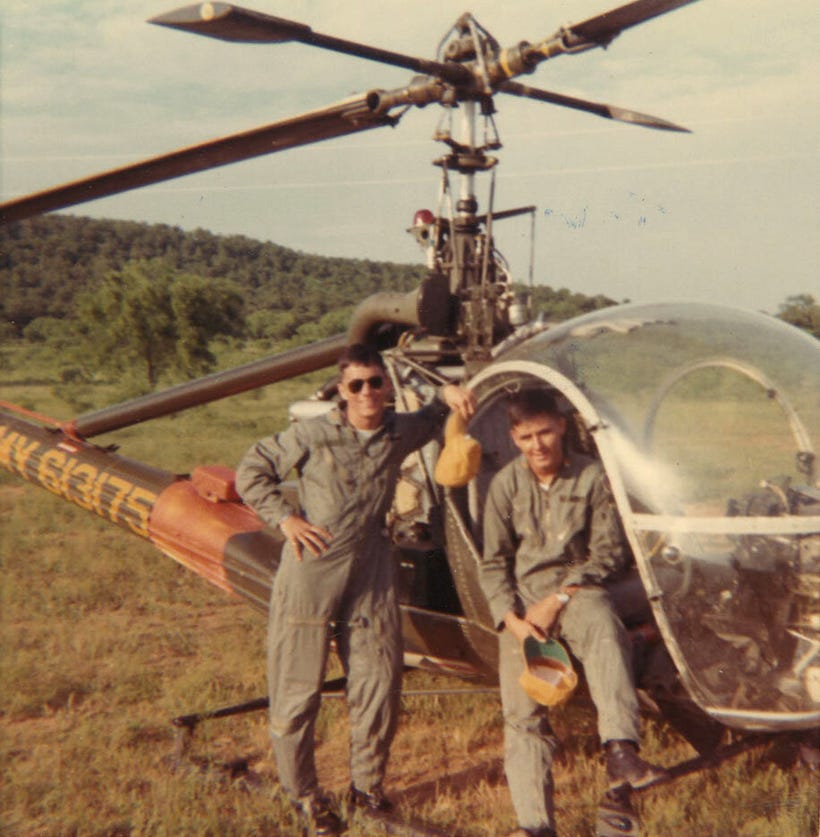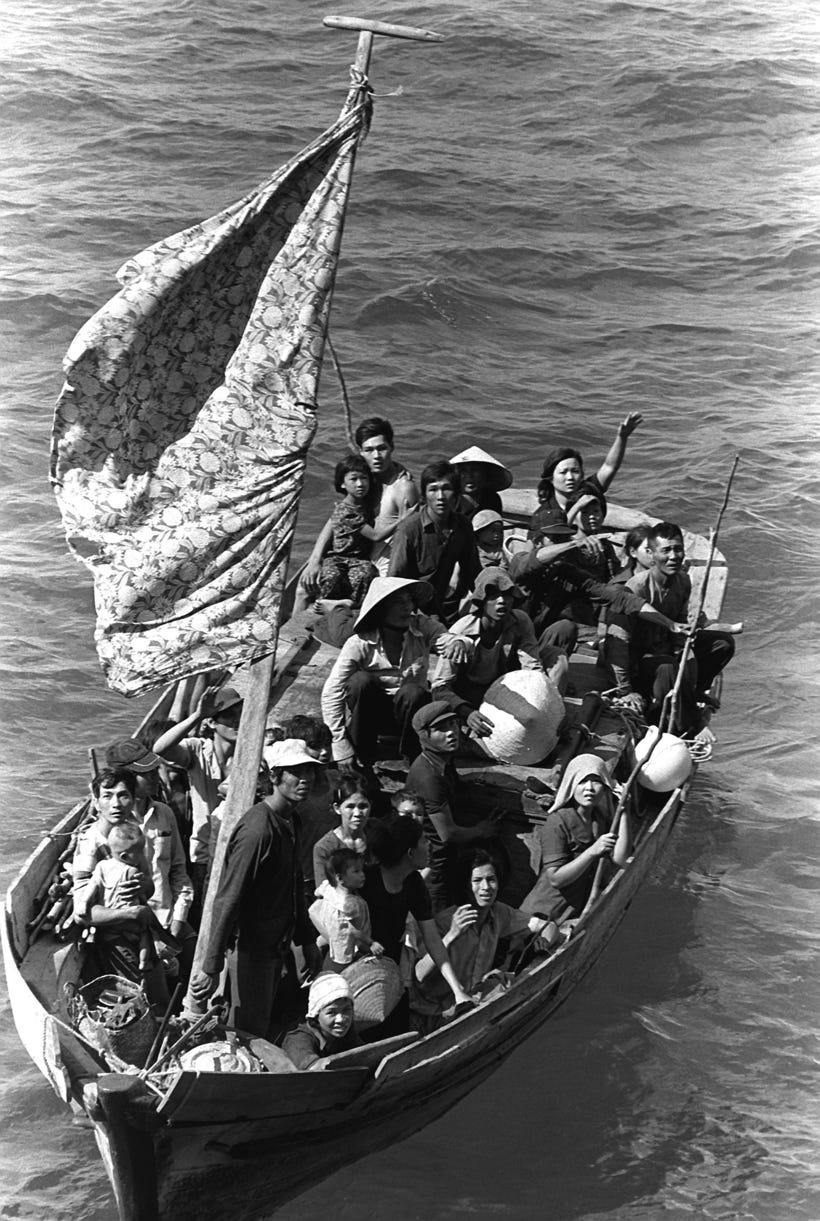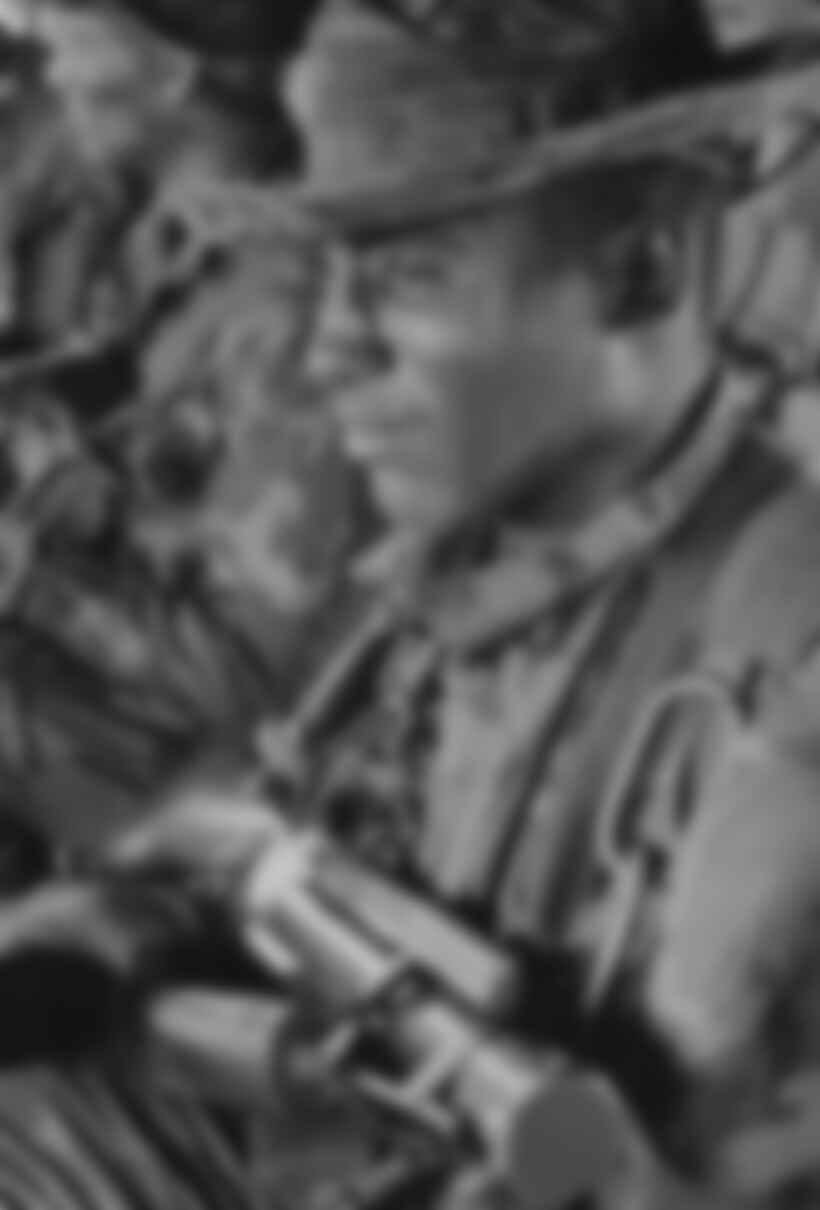In the spring of 1973, the remaining American G.I.’s and P.O.W.’s left South Vietnam after the Nixon administration declared “Peace with Honor” had been achieved in an agreement for which National Security Adviser Henry Kissinger and North Vietnamese Politburo member Le Duc Tho were awarded the 1973 Nobel Peace Prize.
Le Duc Tho refused to accept it. Whatever else the treaty may have achieved, it was not peace in Vietnam. Two years later, North Vietnam and the Vietcong in the South consolidated a military victory and soon after declared the Socialist Republic of Vietnam.
After a half-century, Vietnam, a nation of almost 100 million people, has emerged as a major Southeast Asian state and, in many ways, an important American partner in balancing China’s influence and ambitions in the region. The years from the early 1960s until 1973 are known there as the “American” war, just a stage in the struggles to end colonization in Indochina. The Vietnamese population is largely young. The residue of the war’s destruction there is now marginal.
It is in the U.S. that the consequences of the war are still being felt, in ways existential—a sense that America is a superpower in some measure of global decline and with a democratic system at risk—and profound. The social and cultural changes our country has undergone over the past half-century can be traced to the war years of the 1960s and 1970s.

For the two million Vietnamese-Americans, our abandoned allies who fled Communism, many in rickety boats, they and succeeding generations have been absorbed here and on the whole have been welcomed and successful.
But what about Americans in the broadest sense? How did a military failure shape the strategies and policies of our era? How did the anti-war movement, the drive for racial equality, and other social-reform movements that were a factor in the war years shape the ways our country has evolved?
What has happened to patriotism as a foundation of the American way of life?
I was in South Vietnam as a correspondent for The Washington Post between 1970 and 1973. I watched those last combat-ready troops depart from Tan Son Nhut Air Base, outside Saigon, and waited for hours until the surreal moment when, under klieg lights, the P.O.W.’s held by the Vietcong arrived, in some cases after years in jungle captivity.
After a half-century, the residue of the war’s destruction in Vietnam is marginal. It is in the U.S. that the consequences are still being felt, in ways existential and profound.
I have been involved in the aftermath of our Vietnam War in many ways. I worked closely with former secretary of defense Robert McNamara on his book In Retrospect: The Tragedy and Lessons of Vietnam, in which he said, “We were wrong, terribly wrong. We owe it to future generations to explain why.”
I have published memoirs by great reporters such as CBS’s Morley Safer, The Washington Post’s Ward Just, and The New York Times’s Malcolm Browne. I edited Once upon a Distant War, William Prochnau’s brilliant portrait of David Halberstam, Neil Sheehan, and Browne, the young reporters who in the early years of the conflict forecast the futility of the U.S. efforts to achieve its goals there.
I have written about my own experiences in Vietnam and visited the country and its ravaged neighbor Cambodia to witness their recovery. I have also been immersed in our own national struggles in the postwar years.
Wars almost always have a name or a nickname—the Revolutionary War, the Civil War, the Great War, the Good War, the Forgotten War in Korea. However else the Vietnam War is portrayed, it is almost always associated with some version of “tragic” or “tragedy,” for that is what it was.
The social and cultural changes our country has undergone over the past half-century can be traced to the war years of the 1960s and 1970s.
Michael O’Donnell, a young man gifted in poetry and music, was one of the 58,000 American soldiers killed in the war. He trained as a helicopter pilot and was shot down over Cambodia in 1970. His remains were not recovered for 25 years, so officially, to his family, he was missing in action.

Daniel Weiss, a distinguished art historian who became the C.E.O. and president of the Metropolitan Museum of Art, was inspired by a poem by O’Donnell and spent a decade reconstructing the young man’s life and death. The book is called In That Time: Michael O’Donnell and the Tragic Era of Vietnam. Frances FitzGerald, the author of Fire in the Lake, the iconic book about the nature of Vietnam, a country Americans knew little about and cared about even less, called Weiss’s book “a tribute to all soldiers who died in Vietnam.”
To extend that tribute and measure the war’s continuing impact on American politics, society, and national morale, Weiss and I, with the support of George Washington University, organized a day of discussion last month called “Vietnam: A 50 Year Retrospective.”
Among our conclusions were that the social and cultural mores of today—in race and equality, among others—are directly connected to pressures that the draft had on America and the role of Black G.I.’s in what was the first truly integrated American military. And the music of that era (as in the movie Good Morning, Vietnam, starring Robin Williams, about a D.J. on Armed Forces Radio) is still, surprisingly, a soundtrack for our time.
And this: The Vietnam years were when the “credibility gap” over government claims of progress in the war and the duplicity of the Nixon administration in the Watergate years produced an irreversible loss of belief in what we as a people were being told. As the great journalist I. F. Stone declared, “All governments lie,” and that is now an accepted fact.
As for America’s policies in Vietnam, Lieutenant Colonel John Paul Vann, the subject of Neil Sheehan’s book A Bright Shining Lie, said it best: the trouble with the United States in Vietnam was that “we don’t have twelve years’ experience in Vietnam. We have one year’s experience twelve times over.” And that was well before the 21st-century wars in Iraq and Afghanistan, which ended far short of their declared objectives.
My own closing thought 50 years after the fact is that remembering and reflecting seriously about a tragedy of such magnitude can help us understand what happened then, where we have been since, and where we may be headed.
Peter Osnos is a journalist and the founder of PublicAffairs. He is the author of several books, including, most recently, Would You Believe … The Helsinki Accords Changed the World?, and writes a Substack column called Peter Osnos PLATFORM
Photos: AP Images; White House Photo Office Collection; Records of the Office of the Secretary of Defense; PublicAffairs; Records of the U.S. Marine Corps
SHARE
ISSUE NO.202
MAY 27, 2023
ISSUE № 202 CONTENTS
© 2023 AIR MAIL LLC








Thanks Dave.
I'll always remember the day you told about your admiration for I. f Stone. Best
Thanks Peter. If I had been born one year earlier, I probably would have been one of those kids in the photo with Richard Nixon. Your writing brings back the confusion and anxiety of those years quite vividly.